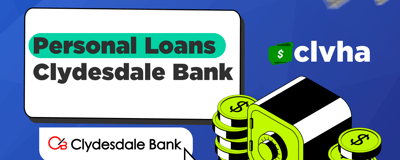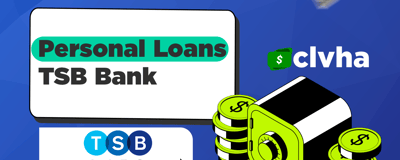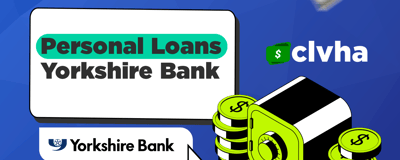When it comes to borrowing money, having bad credit can significantly limit your options. Many traditional lenders view a low credit score as a red flag, leading to higher interest rates or outright rejection of loan applications. However, there are still avenues to explore for those who find themselves in this situation.
Understanding the different types of loans available can help potential borrowers make informed decisions and improve their chances of securing funding despite their credit history. Below are five viable options for acquiring a loan with bad credit.
1. Secured Personal Loans

Secured personal loans are a popular choice for individuals with bad credit. These loans require the borrower to put up collateral, which is an asset that the lender can seize if the loan isn't repaid. Common collateral includes a car, savings account, or other valuable property.
Because of the additional security provided by the collateral, lenders are typically more willing to approve secured loans for individuals with lower credit scores. This option can be especially beneficial for those who have an asset they can risk.
- Lower interest rates compared to unsecured loans
- Potential for larger loan amounts
- Ability to improve credit score with timely repayment
It's important to remember that if you default on a secured loan, you risk losing your collateral. Therefore, borrowers should carefully consider their ability to repay before committing to this type of loan.
Secured personal loans can be a great way to access funds for emergencies, large purchases, or consolidating debt, provided you have a strategy in place to ensure timely payments.
2. Co-Signed Loans
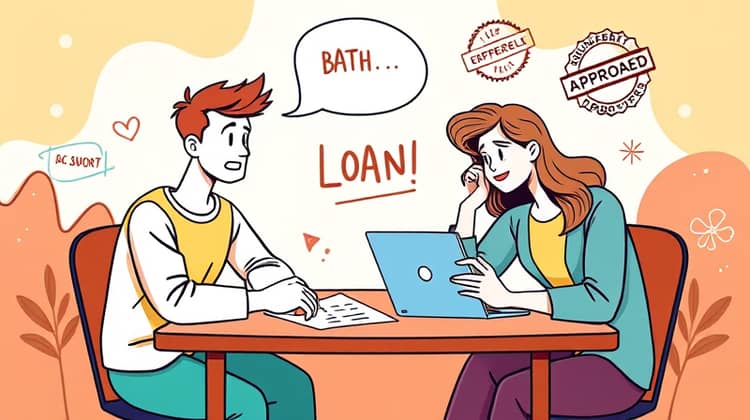
A co-signed loan is another option for individuals with bad credit. This type of loan involves another individual, typically someone with better credit, who agrees to take on equal responsibility for the loan. This added assurance can make lenders more likely to approve the application.
Having a co-signer can increase your chances of getting a loan and may also result in more favorable loan terms, including lower interest rates.
- Access to better interest rates
- Higher loan approval chances
- Stronger financial support from a co-signer
However, it’s crucial to understand that the co-signer's credit will also be affected if payments are missed. This can strain personal relationships, so it’s essential to maintain open communication and a solid repayment plan with your co-signer.
If the loan is repaid consistently and on time, both parties may benefit in terms of improved credit scores. Moreover, it can build trust and responsibility when handled properly.
3. Peer-to-Peer Loans
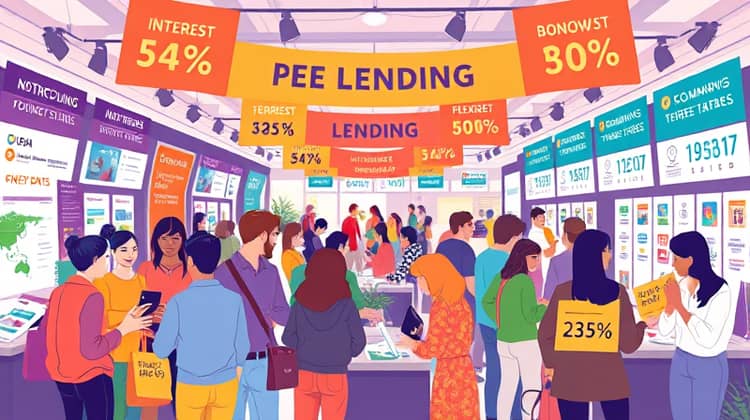
Peer-to-peer (P2P) lending platforms have gained popularity as an alternative financing option for individuals with bad credit. These platforms connect borrowers directly with individual lenders, often bypassing traditional banking institutions entirely.
Because P2P lenders evaluate candidates differently than conventional banks, they may provide more flexible borrowing opportunities for those with poor credit histories.
- Direct connection to individual lenders
- More flexible criteria than traditional banks
- Opportunity to negotiate terms with lenders
It’s important to research P2P platforms thoroughly, as terms, rates, and qualifications can vary significantly. Additionally, some platforms may require some level of credit verification, so it's not guaranteed every application will be accepted.
P2P lending can be a viable option, but just like other types of loans, there is still a responsibility on the borrower to repay the loan as agreed, or risk potential financial repercussions.
4. Credit Union Loans
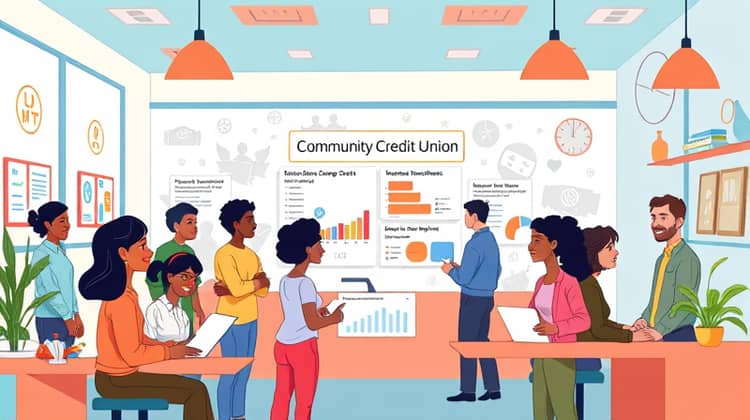
Credit unions often offer better terms, lower interest rates, and more lenient approval processes for their members compared to traditional banks. If you are part of a credit union, or can join one, this could be a great option for obtaining a loan despite your credit issues.
Many credit unions focus more on member relationships than merely on credit scores, making them more willing to work with individuals who have a less than excellent credit history.
- Join a credit union to access potential loans.
- Research loan products available for bad credit.
- Compare rates and terms to find the best fit.
If you can demonstrate your ability to repay through alternative means, such as income stability or a good banking history with the credit union, you may increase your chances of approval.
Credit unions can be a lifesaver, offering funding options for various needs, including personal loans and assistance for unexpected expenses.
5. Online Lenders

Online lenders have emerged as a robust alternative for those with bad credit seeking loans. These lenders often have more flexible terms than traditional banks and can process applications more quickly, making it easier for borrowers to get funds in a timely manner.
However, it is essential to conduct thorough research before choosing an online lender, as some may charge high fees or interest rates in exchange for their services.
- Research various online lenders and their reviews.
- Analyze the terms and fees associated with each lender.
- Submit an application and be prepared to provide documentation.
Many online lenders have streamlined their application processes, allowing borrowers to apply from the comfort of their homes. This convenience can be particularly appealing for those in urgent need of funds and who have constraints imposed by local lenders.
Just as with any loan option, reading the fine print and understanding your obligations is critical before proceeding.
Final Considerations

While obtaining a loan with bad credit can be challenging, it's important to remember that there are still several options available. Evaluating your financial situation and understanding the implications of each loan type can guide you in making the best choice for your circumstances.
Before applying for any loan, take the time to improve your credit score if possible. Paying off debts, making on-time payments, and avoiding further credit damage can help enhance your borrowing prospects in the future.
It’s also advisable to budget carefully and consider whether you can commit to additional debt without compromising your overall financial health.




